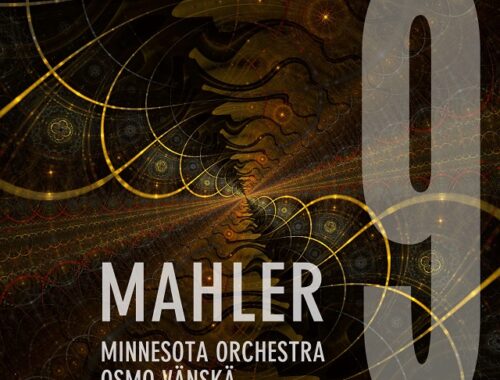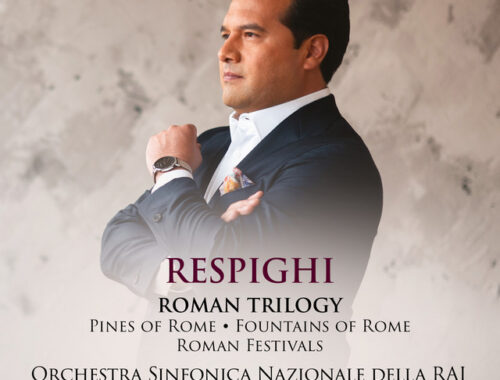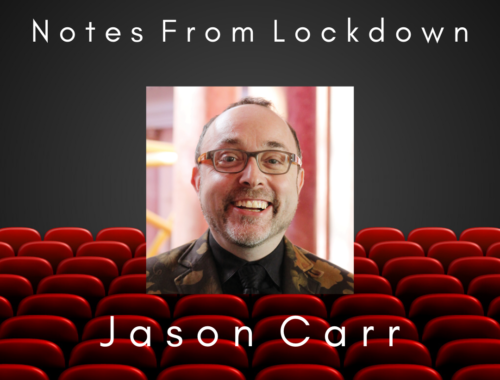Rimsky-Korsakov “The Tsar’s Bride”, Royal Opera House
The Royal Opera’s first ever staging of Rimsky-Korsakov’s rich and surprising opera The Tsar’s Bride sees history repeating itself in unsettling ways. The poster-coloured prelude has no sooner run its course – one of the composer’s most exhilarating lyric themes in uplifting reprise with sumptuous horns in bracing canon – when the curtain rises not on the 16th century Russia we’ve come to know from 400 years of iconography but the here and now of Putin’s 21st century. The music says one thing, Paul Curran’s mis-en-scène says another; but the reality is one and the same.
In a Moscow restaurant, Grigory Gryaznoy (the charismatic Johan Reuter), a member of the Oprichniki (the KGB that no longer speaks its name) is putting the finishing touches to a hooded, bloodied, half-naked, enemy of the Tsar. But his “loyalty” is about to backfire big-time as Marfa Sobakina, the woman of his dreams, makes the short-list in the Tsar’s search for a new bride. Behold the superstructure of the new free-enterprise Russia: the bought women, the drug tsars and their high-tec merchandise, the penthouse pool parties (wicked designs from Kevin Knight), the hired heavies – all sunglasses and glocks. So here’s Curran’s reality check: the social divide is as great as it ever was in Russia’s Imperial past and those old workers songs, innocent and folksy – Rimsky’s score is rich in them – now take on a compelling irony. Hell, there’s even talk of a royal wedding.
The musical resonances run deep thanks to the swagger and unashamed luxuriance of Mark Elder’s conducting – and there’s a wonderfully varied texture of voices across the casting from the contrasting basses of Paata Burchuladze’s sonorous and worldly weathered Sobakin to the thrilling virility of Alexander Vinogradov’s wily and physically lithe Malyuta-Skuratov. Dmytro Popov’s vibrant tenor epitomises the abandon of young love in the figure of Ivan Likov, Marfa’s intended.
Marina Poplavskaya’s Marfa displays her customary cool but little warmth on stage and the voice (too much vinegar in the mix for my taste) is undermined by failings in technique which don’t allow for those ethereally spun pianissimi in her climactic mad scene.
She is anyway sung off the stage by Ekaterina Gubanova whose Lyubasha – a blond bombshell of a mistress scorned if ever there was one – arrives with an a capella folksong which throws the old and new of this exciting evening into startling relief.
You May Also Like

GRAMOPHONE Review: Mahler Symphony No. 9 – Minnesota Orchestra/Vanska
02/10/2023
GRAMOPHONE Review: Respighi Roman Trilogy – Orchestra Sinfonica Nationale della RAI/Trevino
15/12/2023